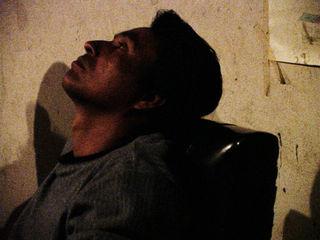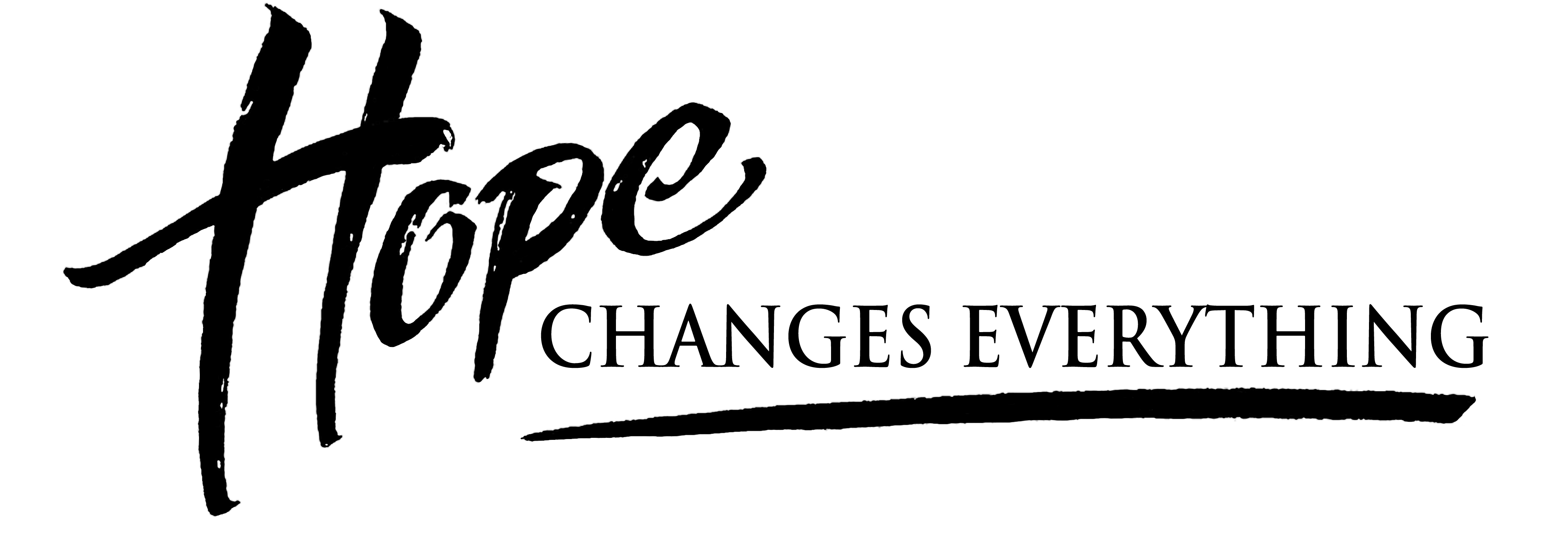Chronic stress can increase vulnerability to addiction.
Stress is a key risk factor in addiction initiation, maintenance, relapse, and thus treatment failure (Sinha & Jastreboff, 2013). Stressful life events combined with poor coping skills may impact the risk of addiction by increasing impulsive responding and self-medication. While it may not be possible to eliminate stress, we need to find ways to manage it.

Stress normally refers to adversity or hardship such as poverty or grief. Biologically, stressful events cause a rise in blood levels of stress hormones (such as cortisol). Fight-or-flight is a normal response to stress; all the blood goes to the muscles so that you’re ready for action.
It is important to distinguish between chronic and normal stress. Moderate and challenging stressors with limited duration are perceived as pleasant. In fact, some individuals, like sensation-seekers, chase “stressful” situations that promote the release of stress hormones. However, intense, unpredictable, prolonged stressors,—such as interpersonal conflict, loss of loved ones, and unemployment—can produce learned helplessness and depressive-like symptoms. Chronic stress increases the risk for developing depression, the common cold, influenza, tension headaches, grinding teeth, and tensing the neck and shoulders (McEwen, 2003).
There is solid evidence for the link between chronic stress and the motivation to use addictive substances (Al'Absi, 2007). For instance, research shows that adverse childhood experiences such as physical and sexual abuse, neglect, domestic violence, and family dysfunction are associated with an increased risk of addiction. People with an unhappy marriage, employment dissatisfaction, or harassment also report increased rates of addiction.
The experience of childhood abuse and neglect indirectly increases the risk of addiction through decreased self-control (Lovallo, 2013). Young adults at risk for substance abuse are known to have decreased self-control and emotional control. Their addictive behavior is the result of their experiences and the environments in which they were brought up.
One explanation for the strong linkage between stress and addiction is the self-medication theory, which suggests that the person may use drugs to cope with tension associated with life stressors or to relieve symptoms of anxiety and depression resulting from a traumatic event. Thus, drug use functions as a means to regulate emotions and soothe psychological distress.
References
Al'Absi Mustafa (2007). Stress and Addiction: Biological and Psychological Mechanisms (2007) Academic press.
Deaton, Angus. (2105), The Great Escape: Health, Wealth, and the Origins of Inequality. Princeton University Press.
Grant, J. E., Donahue, C. B., & Odlaug, B. L. (2011). Overcoming Impulse Control Disorders: A Cognitive - Behavioral Therapy Program (Workbook). New York, NY: Oxford University Press
Keating DP (2017), Born Anxious: The lifelong impact of early life adversity-and how to break the cycle? New york: St Martin Press.
Lazarus R, Lazarus, B (2006) Coping with Aging. New York: Oxford press
Lovallo W. R. (2013). Early life adversity reduces stress reactivity and enhances impulsive behavior: Implications for health behaviors. International Journal of Psychophysiology, 90, 8–16.
Marmot, M. G. (2006). Status syndrome: A challenge to medicine. Journal of the American Medical Association, 295, 1304–1307
McEwen, B. S. (2003). Early life influences on life-long patterns of behavior and health. Mental Retardation and Developmental Disabilities Research Reviews, 9(3), 149-154
Sinha R, Jastreboff AM. Stress as a common risk factor for obesity and addiction. Biol Psychiatry. 2013;73(9):827–835.



